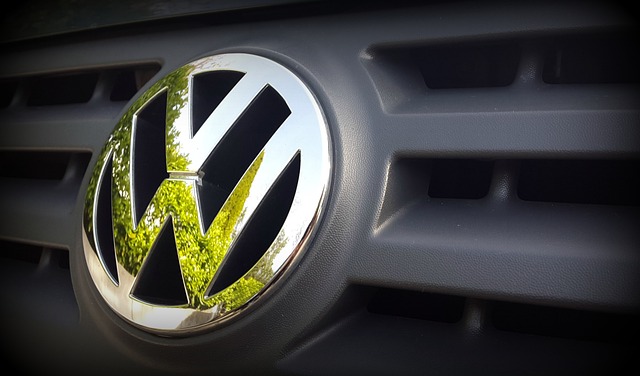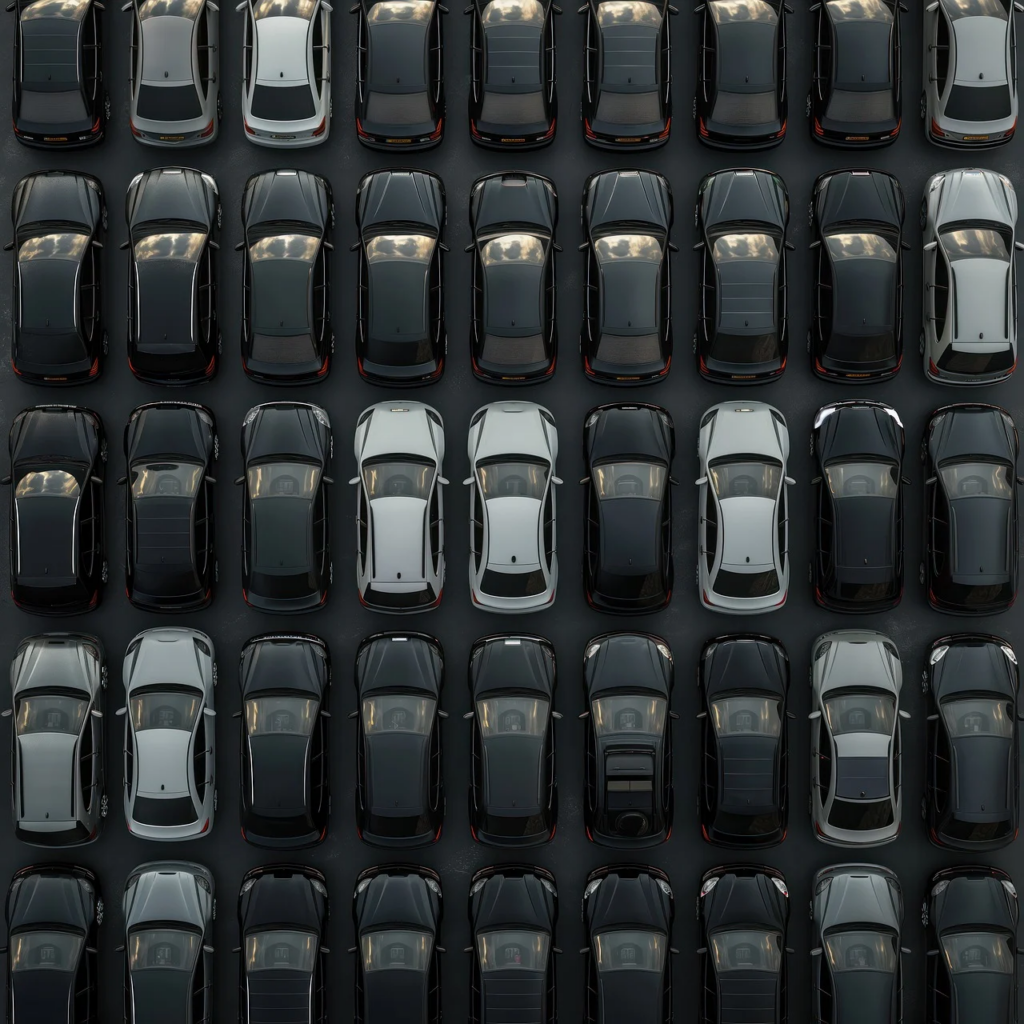For years now, Volkswagen has been criticised for alleged human rights violations at its locations in the Uigur province of Xinjiang. The car giant’s protestations of ignorance of the situation at its sites have long been hard to believe – and now, pressure is increasing on the company, and its reputation suffering.
TEST TRACK BUILT BY FORCED LABOURERS
In 2019, Volkswagen began operating a test track together with Chinese auto manufacturer SAIC to test vehicles subject to extreme temperatures. The track is located in Turpan, a city in the province of Xinjiang, also referred to as “Western China”. In the controversial Uigur region, the government is subjecting members of the Muslim Turkic people to “counter-terrorism“ measures in labour and relocation camps. As Handelsblatt uncovered in cooperation with Communism researcher Adrian Zenz, Uigur forced labourers have also been used in the construction of the VW test track. Zenz, a scientist specialising in human rights violations in China, has looked in detail at labour and internment camps in Xinjiang. After VW employees reported that the test track had been built using forced labourers, Zenz succeeded in finding evidence that this was indeed the case.

“In addition to this, employees of the organisations which participated in construction of the test track played an active part in the measures taken to control and suppress the Uigurs,“ according to Zenz.
Germany’s largest car manufacturer has also long come into criticism for its production site in Ürümqi – due to suspected human rights violations. Since the site opened in 2013, only quality checks of finished vehicles are supposed to have been carried out.
The VW Group has no information concerning this. The Group said it “is oriented to the guidelines of the United Nations for the Economy and Human Rights, which excludes forced labour.”
“STRENGTHENING OF IDEOLOGICAL AWARENESS”
The test track was built by China Railway Fourth Bureau Group, a state-owned company. According to its online presence, workers from “counter-poverty programmes” were used in construction of the track. In the graphics, Uigur workers are also shown wearing military uniforms, typical of forced labour programmes.
A report from 2017 stated that, in an unspecified incident during construction of the track, “strengthening of ideological consciousness” and control over labourers had been increased – as those workers were forced to give iris scans and other biometric data to the police.
China denies any accusations to this effect, claiming that attempts were being made, by means of this “lie”, to destabilise the thriving Uigur region.
INVESTMENT COMPANIES EXCLUDE VW

“VW has no information on human rights violations on the project at this time,” the Group said in a statement. “The Group will follow up on any new findings, and take measures where necessary.“
Months before the latest accusations became public, however, investment companies were already ending investment in VW bonds, and following the current headlines, two major funds excluded Volkswagen from their sustainability funds.
After the violations of human rights came to light, BASF, which is also active in Xinjiang province through joint venture partners, sold its stocks. The same is expected of VW – now the only DAX company active in the region.
Although the Group may not have been made aware either of the test track or the production site, China, the largest single market for Volkswagen, is an important location. In the east of the country, VW produces millions of vehicles a year together with SAIC and other local partners. Most recently, 3.24 million cars and trucks were delivered in China. One in three cars Volkswagen makes globally is sold in China.
VW EXECUTIVE: “THE RESULT WAS ALREADY KNOWN IN ADVANCE”
Volkswagen has reacted to investor pressure by instigating an investigation of the allegations by Berlin-based service provider Löning. The test track was left out of this investigation, however, as “the establishments belonged to different operating companies“.
At the production site in Ürümqi, no signs of human right violations could be determined. The problem with this? The employees were questioned by Chinese lawyers. They would have been in danger themselves.
Employees and an executive from VW criticised the audit to Handelsblatt. Even a majority of Löning employees distanced themselves from the result, which, in contrast, gave Volkswagen a better rating on the Stock Exchange.
Measures have long been demanded of VW, including from German politicians such as Gyde Jensen, Deputy Chair of the FDP party in the Bundestag. Talking to Handelsblatt, she said: “The region now undoubtedly stands for suppression of the Uigurs – every German company, both there and in Germany, must have been aware of this. It is “naive” to believe you can check conditions on the ground and exclude serious human rights violations.”
USA BLOCKS IMPORTATION OF 13,000 VW VEHICLES
The USA has enacted a law against forced labour which forbids the importing of such goods. As a result, c. 13,000 vehicles produced by Volkswagen, including brands such as Porsche, Bentley and Audi, were stranded in February this year.
The reason for this was an electronic component of a control unit which, according to a report by the Financial Times, was produced in Xinjiang. The suppliers informed Volkswagen, and Volkswagen in turn informed the US authorities. The details of the producer were not publicised. The vehicles were only able to be delivered after these components had been changed, which VW immediately arranged. These headlines damaged the reputation of Volkswagen further still – but also directed more attention to the forced labourers of Xinjiang.
THE “XINJIANG POLICE FILES”

An anonymous hacker leaked internal data of the Chinese police to Zenz, the “Xinjiang Police Files”. The data include secret documents, transcripts of speeches by high-ranking party functionaries, as well as photos of the inside of the forced labour camp, and of internees.
According to China, the camps are voluntary re-education facilities – although recordings of armed security forces, people in chains or torture chairs would seem to greatly belie these statements. For Zenz, the data represent a “new dimension”.
Volkswagen, however, is still leaving its options open for the future: “A range of different scenarios is currently being intensively checked.”
Translated by Tim Lywood
#Volkswagen #Ürümqi #VolkswagenSAIC #VolkswagenUiguren #VolkswagenTeststrecke #Zwangsarbeit #Xinjiang #Ürümqi #Handelsblatt #SAIC #Menschenrechte #XinjiangPoliceFiles #AdrianZenz #AgainstHumanTrafficking #GegenMenschenhandel #EndExploitation #EndTrafficking #HopeForTheFuture #Österreich
